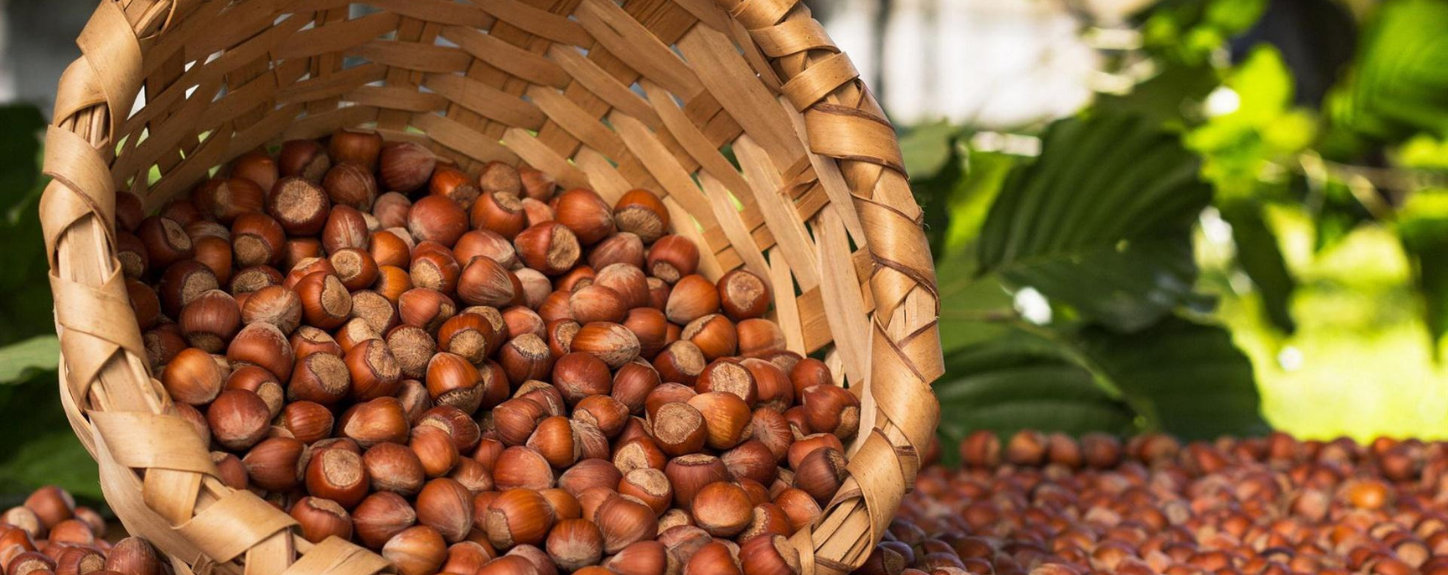The ILO and CAOBISCO (The Association of Chocolate, Biscuit and Confectionery Industries of Europe) continue their efforts and have signed a Public-Private Partnership Agreement (PPP) for the extension of the project “An Integrated Model for Elimination of Worst Forms of Child Labour (WFCL) in Seasonal Agriculture in Hazelnut Harvesting in Turkey” until the end of 2023.
The ongoing partnership between CAOBISCO and the ILO contributes to overall policy advocacy and implementation, expansion of the knowledge base and improvement of institutional capacity for the elimination of child labour in seasonal agriculture, especially in the hazelnut sector. The project facilitates the exchange of experiences between government, private sector, social partners and civil society in addressing child labour, particularly in the hazelnut supply chain. It also maximizes collective learning opportunities among the project stakeholders.
Building on the project outcomes since 2013², the new phase of the project will be implemented in the provinces of Ordu, Düzce, Sakarya, Giresun, Samsun and Şanlıurfa. It will maintain a multi-sectoral approach and involve key stakeholders for the implementation. The geographical coverage for the strategic intervention model will be expanded to include new target provinces, namely Giresun and Samsun. These provinces represent 32 % of the total surface of hazelnuts planted in Turkey and 29 % of the production according to Turkish Statistical Institute’s data for 2019.
For better use and implementation of existing policies technical personnel from various relevant institutions, in addition to managerial level actors, will be targeted under capacity building activities through structured trainings with specific focus on the elimination of child labour in seasonal agriculture. Involvement of a wider range of actors in capacity building activities will be ensured through the inclusion of security forces, teachers’ organizations and chambers of agriculture. Staff of relevant institutions will benefit from information seminars and teachers will be provided with training and materials to improve monitoring of at-risk children in schools
Trainings will be organised for social support staff of hazelnut companies, including national and local exporters, that are carrying out social programmes in targeted provinces. In addition to this capacity building support, these actors will be brought together with actors of other crop groups, in order to enhance collaboration and create synergies.
The findings and the lessons learned from the project will contribute in closing the knowledge gap and in bringing the possibility of adapting this to other crop groups and locations where seasonal agricultural work exists. The project will also map past and existing work on the ground in order to better identify the needs for sustainable action against child labour in seasonal agriculture in Turkey.




